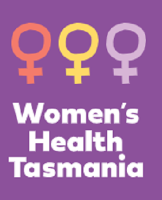- Get Therapy
- Guides & Videos
-

One quick last question. Who was seeking counseling today?
Do you know the reason they are not accepting clients?
|
25 Lefroy Street
North Hobart, TAS 7002 |

